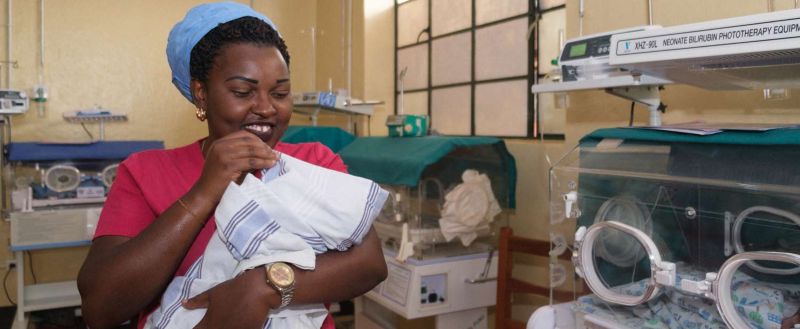
(3 minute read)
Cameroon has officially launched its national energy compact as part of the broader Mission 300 initiative, an ambitious continental program designed to connect 300 million Africans to electricity by 2030. This strategic move aims to address the country’s significant energy access deficit by connecting an additional eight million Cameroonians to the electrical grid within the next five years.
The announcement was made on the sidelines of the 80th United Nations General Assembly in New York, where world leaders gathered to address urgent development challenges. The initiative underscores Cameroon’s firm commitment to achieving universal energy access and promoting inclusive economic growth through energy sector reforms and by attracting investment, particularly in clean and renewable energy solutions.
Cameroon’s energy compact is being coordinated with the African Development Bank (AfDB) and the World Bank Group (WBG), the two main organizations leading Mission 300. Under this continental initiative, the World Bank has committed to providing electricity access to 250 million people, while the AfDB will target an additional 50 million across Africa. This addresses the staggering reality that nearly 600 million people in sub-Saharan Africa—about 83% of the world’s population without electricity access—remain off-grid.
According to Cameroon’s Ministry of Energy and Water Resources, only 67% of the country’s population currently has access to electricity. This leaves over seven million people without a reliable power supply. The energy compact aims to increase the country’s electricity generation capacity to 3,000 megawatts (MW) by 2030. Furthermore, it seeks to increase access to clean cooking solutions for at least 40% of households, a measure that addresses both health and environmental concerns.
Speaking about the initiative, the minister highlighted the dual goals of social inclusion and financial sustainability. He noted that achieving these ambitious targets will require robust policy reforms, the execution of well-defined operational plans, and the creation of a favorable investment climate that reassures and encourages private sector participation.
Cameroon’s compact, valued at approximately USD 12 billion, is expected to attract substantial capital from international development partners, philanthropic organizations, and private investors. It is a key component of the overall Mission 300 framework, which is projected to mobilize up to USD 90 billion in total—USD 50 billion of which has already been secured as confirmed commitments.
To achieve electrification targets across Africa, the strategy envisions that roughly half of all new connections will be made by extending national power grids, while the other half will be provided by decentralized renewable energy (DRE) systems, such as solar mini-grids and standalone home solar systems.
Cameroon’s energy compact not only addresses a critical national need but also aligns the country with a transformative pan-African agenda aimed at eradicating energy poverty and accelerating the continent’s economic modernization through sustainable, inclusive, and investor-friendly energy development.
